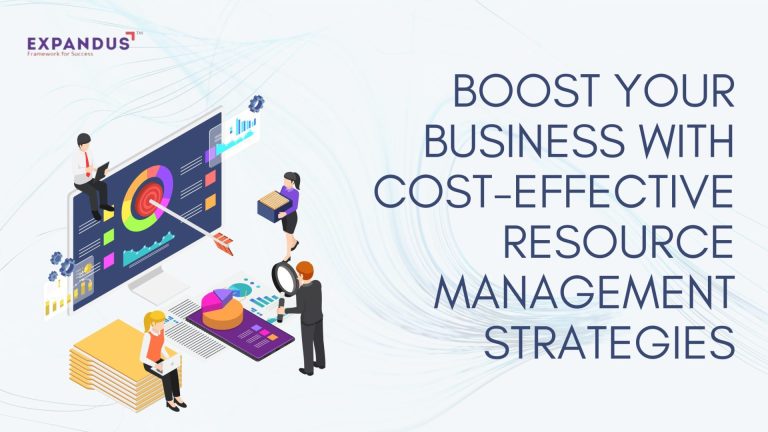How Not To Sabotage Your Recruitment Efforts
Great teams are not built in one day or even one week! It takes a lot of effort to hire your greatest non replicable assets – you employees! Bad hire can cost you as much as 30% of the employee’s salary, so getting it right is crucial for the success of your enterprise. ActionCOACH Milind Bibikar has been mentoring entrepreneurs build effective teams and successful businesses for more than three years. In this interview, he explodes some myths about recruitment and discusses factors influencing the success of hiring program such as Job descriptions, selection, sourcing and interviews.
Sabotaging is a strong word. Please explain what you mean by sabotaging recruitment efforts?
Over the years I have noticed a pattern when it comes to hiring decisions in SMEs. First of all recruitment becomes a high priority only when it’s a do or die situation and it’s an emergency. So with no time to lose, the obvious step is to release advertisements in the popular media, followed by interviewing candidates who match the JD. Result – selecting an average candidate who matched the skills and experience. In my view, this is a tunnel vision as it does not really find the best person for the job and is destined to fail. In effect you are planning your downfall without knowing it.
So what is the first step to hiring the right person in the best possible way?
It’s quite simple! You don’t wait for crisis to hire, you start planning for it much earlier as in during manpower planning & forecasting. Recruitment has to be aligned to company’s growth plans.
So once you know you have to hire, do you advertise the positions?
No! You prepare a detailed Job Description using these steps.
- Title –Decide the job title. Title will decide the hierarchy, reporting & role.
- Duties – what does the position entail in terms tasks, activities, deliverables. Use percentages to define what will be the main responsibilities e.g. 80% account management 20% team management.
- Ideal person – define the skills, competencies, experience level needed to be successful in this position as well as attitudes, attributes, personality traits the position would demand. Psychometric tests, MBTI, DISC, Job –FIT scores are some tools that can help in this.
- Relationships – what will be working and reporting relationships with other positions in the organization for this position?
- Work out a range of salary rather than defining a number for greater flexibility.
That is a useful tip. Another challenge in recruitment is sourcing the best candidates in the least amount of time. What do you suggest?
Tap your best sources, which in this case are your employees. Referral programs with cash incentives work brilliantly in getting good referrals. Adverts should be creative, intelligent and showcase the company as a great place to work rather than just giving information on positions. You can also retain number of recruitment agencies to help you.
Responses to adverts are usually overwhelming because just about everyone responds. Screening resumes is a colossal effort– it’s akin to searching for a needle in haystack. What are your suggestions to tackle this?
Yes I agree. So change the way you work – don’t select but DE-SELECT. Here is how you can do it –
- Define a specific process or elimination criteria at the early stage
- Invite resumes in a specific format to highlight your requirements
- Prepare a set of questions which automatically eliminate those who don’t match your requirements
- Ask for video or audio introduction if applicable
- Prepare online tests; ask for presentation or case study /problem to be solved so you know the capabilities before you invest your or your team’s time.
Lot of job portals have this screening facility which help you De –select to select.
Interviews are crucial touch points in the entire process. A poorly managed interview can affect candidate‘s decision as well as company’s reputation. What are your views on conducting interviews?
Personal interviews are great way to connect with candidates and create positive first impressions. It’s important to prepare for the interview for successful outcome. Here are some tips –
- Review the resume well and make notes on sections you want to know more about.
- Compare the experience and the JD and prepare questions on skills and experience you require.
- List out questions /situations which can help you get an insight into the person’s attitude, motivation, values so you know if the candidate fits into your company culture.
- Makes notes of your first impression and insights on the candidate. It’s very easy to forget it.
Milind, thank you so much for demystifying recruitment success criteria for SMEs. These insights will help to streamline the process and make it more effective.
But here is a thought -Why not start by calculating the overall ROI on recruitment in terms of cost for each hire, replacement, infrastructure, onboarding and training besides the hourly cost of the resources involved in selecting every new hire, so that you know your starting point? After all good candidates are off market in just ten days and you need to work smart to hire right.
The tips we share are a small part of what we do at our coaching sessions.
If you’d like to take the whole framework and install it in your business, then do drop an email at [email protected] with the subject line “Scale Session” and we’ll reach out to you with all the details quickly.








